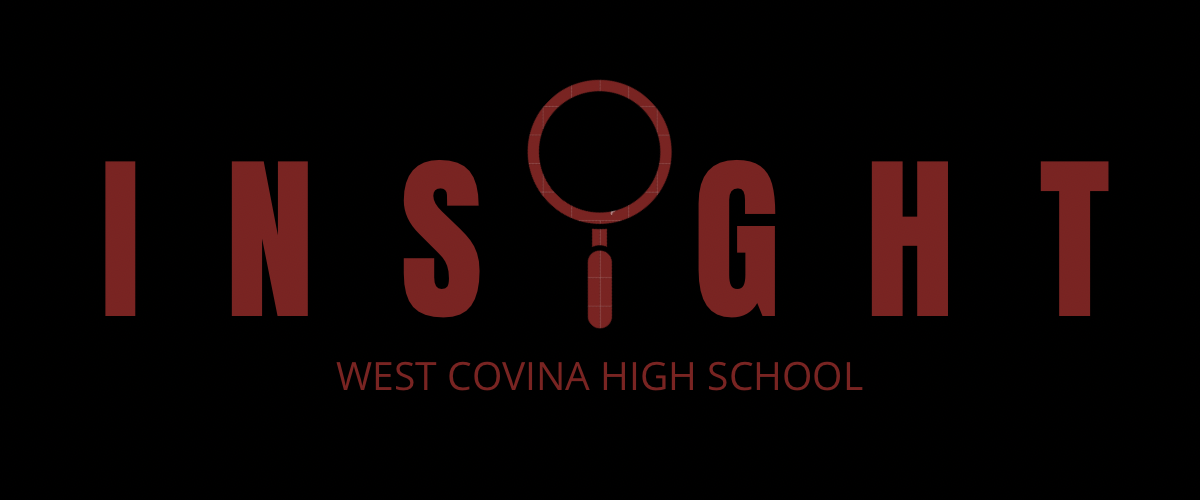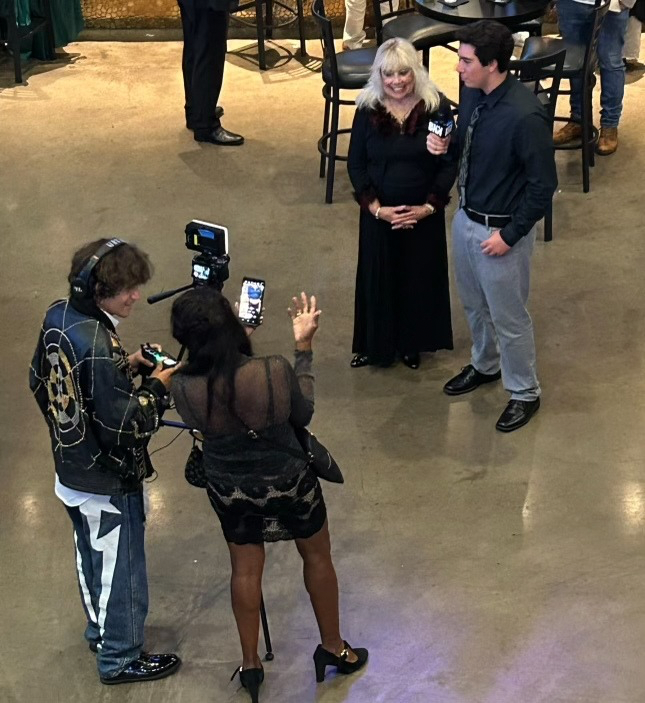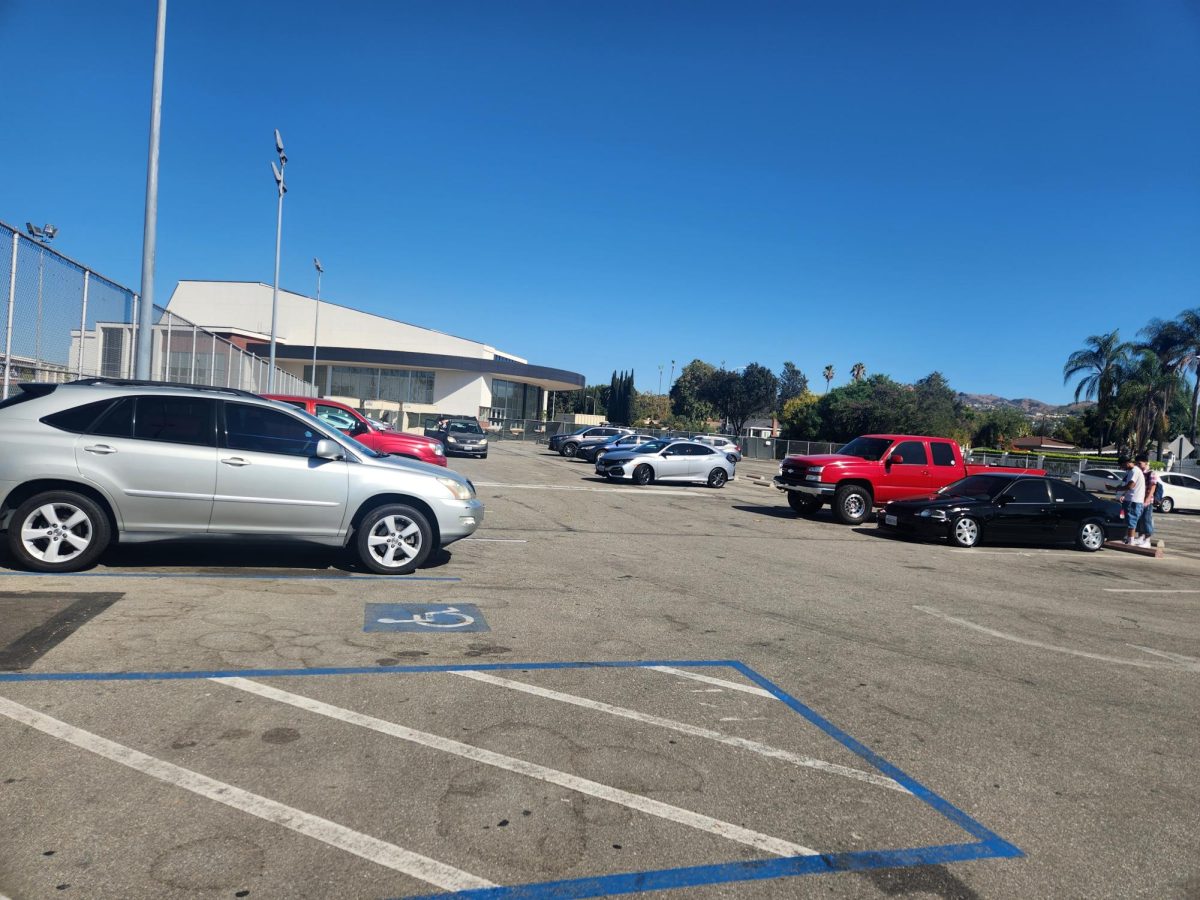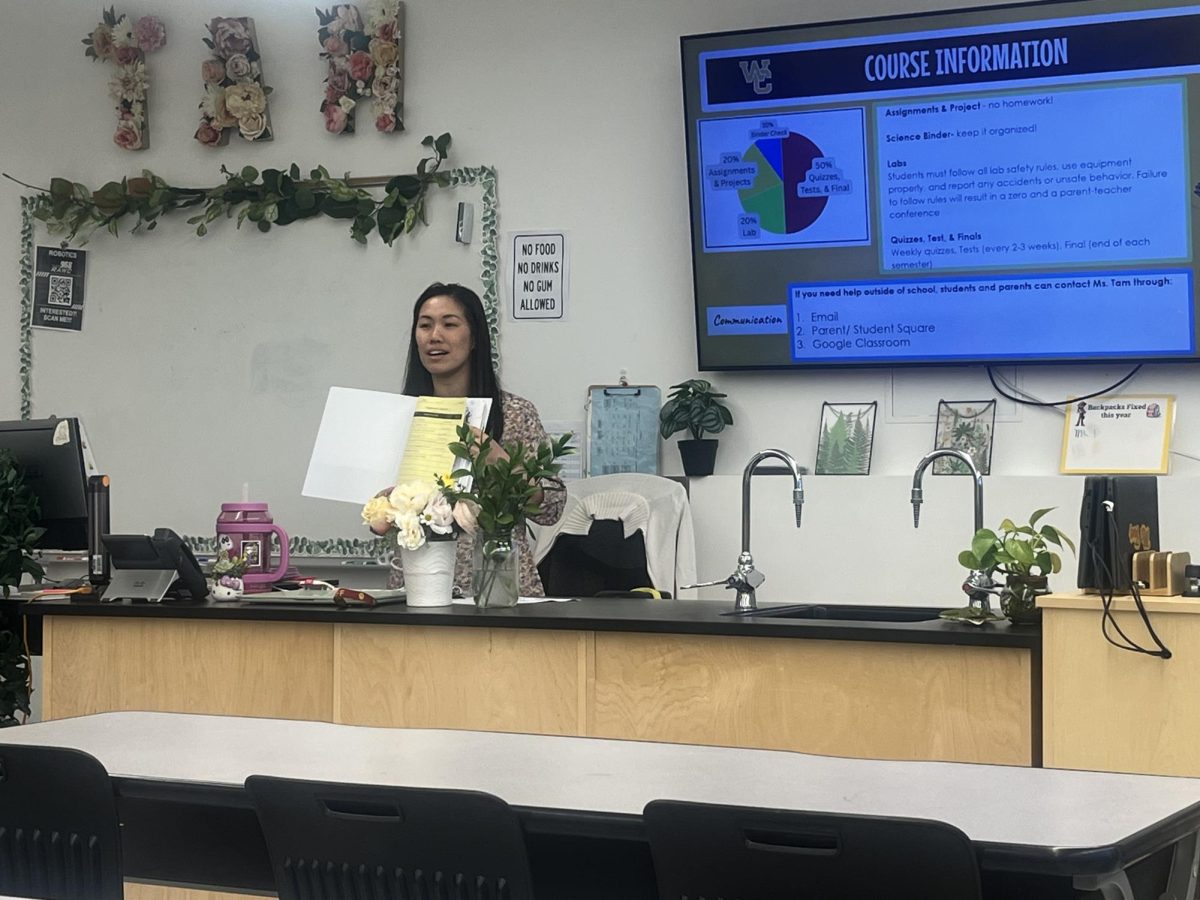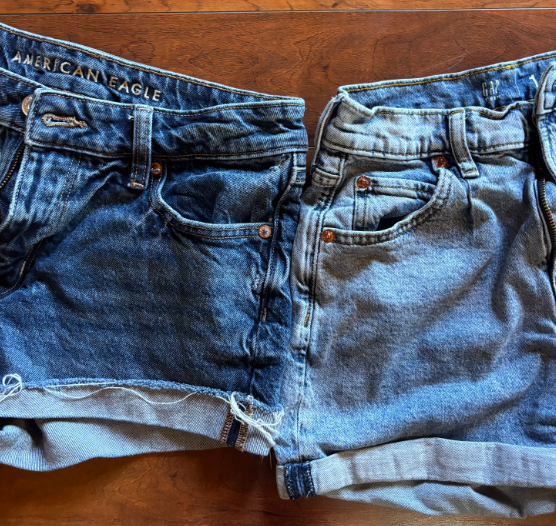Conversations about college majors often spark debates amongst individuals. The idea of a lucrative high paying career path is the socially respectable and accepted ideal. In ethnic communities, it is common to see their children go into high paying fields like medicine and law, rather than arts or humanities, often crushing the aspirations of young people choosing their majors.
In the Los Angeles Times article “Where have all the English majors gone?” by Nicholas Goldberg, he recognizes from 2011 to 2021 that the number of English majors has dropped by one third and other humanities majors have declined even more aggressively. Goldberg took specific note of this concern. Traditionally speaking, English and History majors have been standard practice. However, as the current job market continues to grow more competitive, many careers are seeking out more major specific candidates to fulfill their positions.
“Dozens of private colleges have gone out of business entirely over the last 10 years, partly because of reduced demand for a traditional liberal arts education,” according to Goldberg in his article.
Senior Atiyana Sowell will be attending Mt. San Antonio College this fall, majoring in fashion merchandising. As a young black woman, she felt pressure to set a good precedent of higher education for her younger siblings, regardless of the major she chose.
“A lot of black families will not push you to go after, especially if you’re passionate in the arts, that kind of career. Because there is this idea that you want to create generational wealth you want to create money for your family,” said Sowell.

Sowell recognizes the emphasis that many black families place on generational wealth and the pressures to go into high paying jobs. These influences often deter students from pursuing humanity and art based majors.
“I really think that if we focus on that we lose a lot of creativity in the world. And I think we should stop pushing that kind of mentality on people. Every degree has its own value,” said Sowell.
Sowell shared that when deciding to attend college she felt immense pressure when choosing her major because of the online discourse surrounding the topic. Many online creators, according to Sowell, promote going into high paying jobs rather than fields that people enjoy as hobbies such as the arts.
“I think everything I’ve always been passionate about has centered around arts so for people to create this kinda toxic culture around that makes me feel pressured to go into like, engineering. But it also sucks because I know for me, I don’t have an engineering brain, I don’t have a science brain, math brain. I don’t wanna do anything related to STEM,” said Sowell.
Regardless, Sowell is able to understand the value of non-traditional majors and the roles they play within society. She is motivated to pursue fashion merchandising because of the impact she believes a well-dressed person makes on others. She strives to help others have accessibility to sustainable, good quality clothing.
“We need all types of degrees to make the world go round,” said Sowell.
These pressures are seen across other cultures; senior Ian Munns will be attending Cal State University of Los Angeles in the fall and majoring in film. Coming from a Filipino family, he expressed that he too, felt pressures to follow in the footsteps of his family and attend a prestigious college.
“I was very much expected to be a nurse or something in the medical field. My titos and titas would always tell me to be a nurse just like my other cousins. I was already extremely pressured by the cultural standards, but it was way worse due to my relatives all going to successful colleges with traditional high paying majors,” said Munns.
Despite the pressure Munns faces coming from a successful family, he recognizes the importance of the arts. His understanding of the impact art has on culture motivates him to work past generational stereotypes.
“Art is culture and art is heritage. When we advance as a civilization we always look back and appreciate art and how it was perceived back then. As we begin the advancement of technology it’s important we pave the way for the new forms of art that can last,” said Munns.
The appreciation of art in culture is able to overpower the pressure to conform to cultural standards. Young people like Sowell and Munns are able to put their passions into impacting society in an equally influential way.

